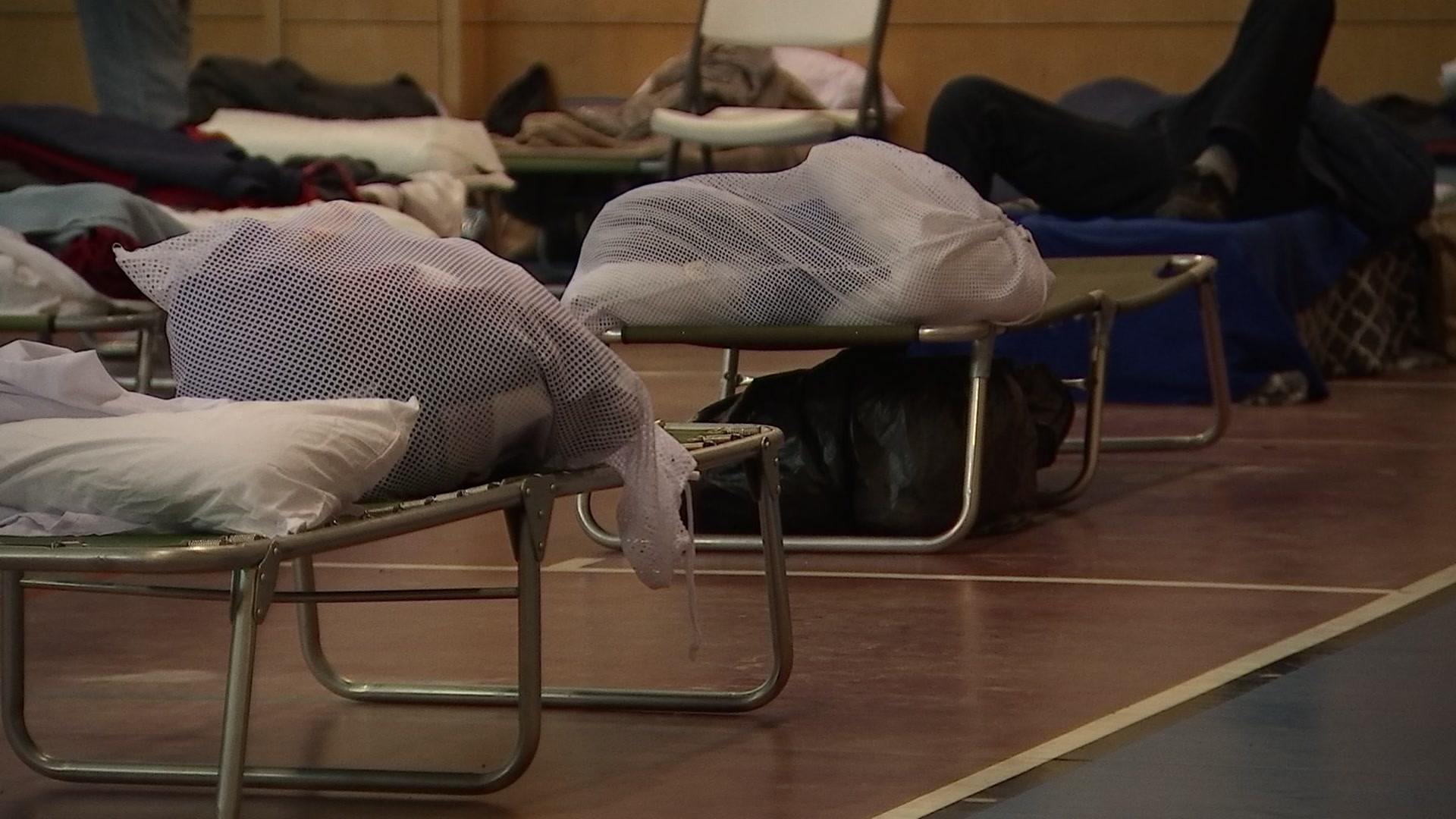Following an increase in the number of protests over property value in recent years, the Tarrant Appraisal District Board of Directors is considering an audit for the county.
Directors discussed the matter during a June 5 meeting. In a 3-to-2 vote, the TAD board of directors decided to establish a scope for the audit.
The motion was raised by member Rich DeOtte, who joined in January. Between 2015 and 2019, DeOtte said the number of protests in Tarrant County rose about 265%.
“Our protests in 2015 were 5,700. Now, they’re 208,000. That means 208,000 property owners or accounts were protesting their values,” DeOtte said. “I could come up with 10 or 11 reasons that this could be happening, but the bottom line is if we’ve got 208,000 protests, which we had last year… that number is wasting a lot of time for the property taxpayer to go and protest.”
Comparatively, DeOtte said Harris County’s increase over that same time span was 11%. Bexar, Travis, and Dallas counties showed increases of 27%, 36% and 49.7%, respectively.
In a letter to the board in late April, State Sen. Jane Nelson (R-Flower Mound) requested they investigate the reasons behind “such a large increase” in Tarrant County.
Specifically, Nelson asked the board to “look into whether software used by the district is playing a role. Troubles with the software were cited in a recent audit, and I would be interested to know what steps have been taken to the address the issues.”
Jeff Law, chief appraiser for the Tarrant Appraisal District, noted the Texas real estate market has experienced increases in property values for several years. When property appraisals increase, Law said that typically increases the number of protests.
Local
The latest news from around North Texas.
“Appraisal districts all across the state have seen increases in the number of protests since 2016. Tarrant is no different. Increases in sales prices appear to have a direct correlation to the number of protest taxpayers file,” Law said in an email.
He confirmed on Wednesday that the TAD had just over 208,000 protests in 2019.
“However, it is important to note that out of that number, approximately 89,000 property accounts were resolved after Appraisal Notices were mailed, but before they were required to file a formal protest with the Appraisal Review Board,” Law continued via email. “While the 89,000 were included in the 208,000 total, they were not actual formal protest. Some counties do not include these informal settlement as protest in the same manner TAD does.”
Real estate broker Chandler Crouch said every county is different when it comes to the protesting process. Generally, the process includes evidence and comparable sales data to prove the value of one’s home is not as high as the county proposes, Crouch said.
“I would say about half of everybody has an incorrect value, just because of the methodology that the appraisal districts are required to use,” Crouch said. “It’s a methodology called mass appraisal. In mass appraisal, they’re not looking at the specific sales in the area that compare to your property. They’re looking at general information.”
Crouch said he personally felt an audit could be helpful in explaining that sharp increase in protests.
“I don’t necessarily think it might be a bad thing. It might a good thing. The point is, we have no idea until we look into that number and figure out why the protests in Tarrant County are so much higher than everywhere else,” Crouch said. “I think it’s important to note that the board of directors and the people at the appraisal district are committed to finding out and making sure they’re doing a good job and making sure they’re running their appraisal process accurately and fairly. And when you go to pay your property tax bill, you want to make sure you’re not paying absolutely more than you have to.”
The two votes against the consideration of an audit at the June 5 meeting were from chairman Mike O’Donnell and secretary Kathryn Wilemon.
Wilemon said she wanted more information, such as the potential cost of an audit. O’Donnell did not clarify why he initially voted in opposition, but he said Wednesday he would support the board in the process forward.



